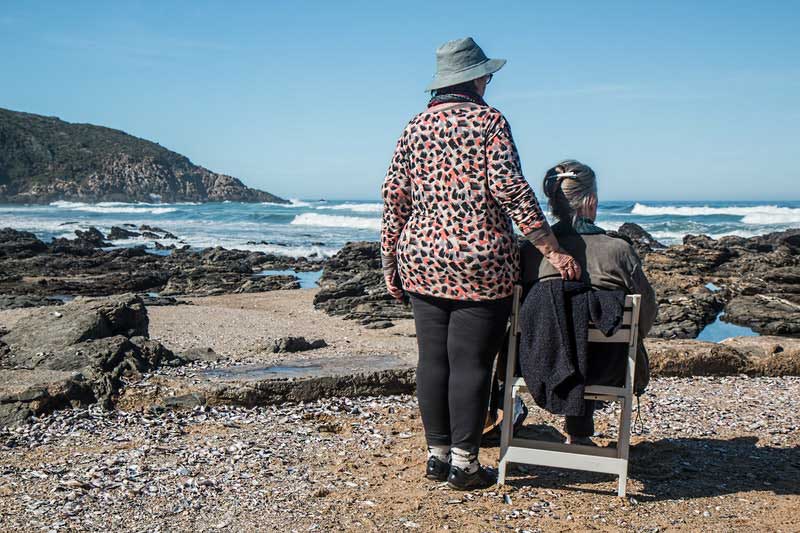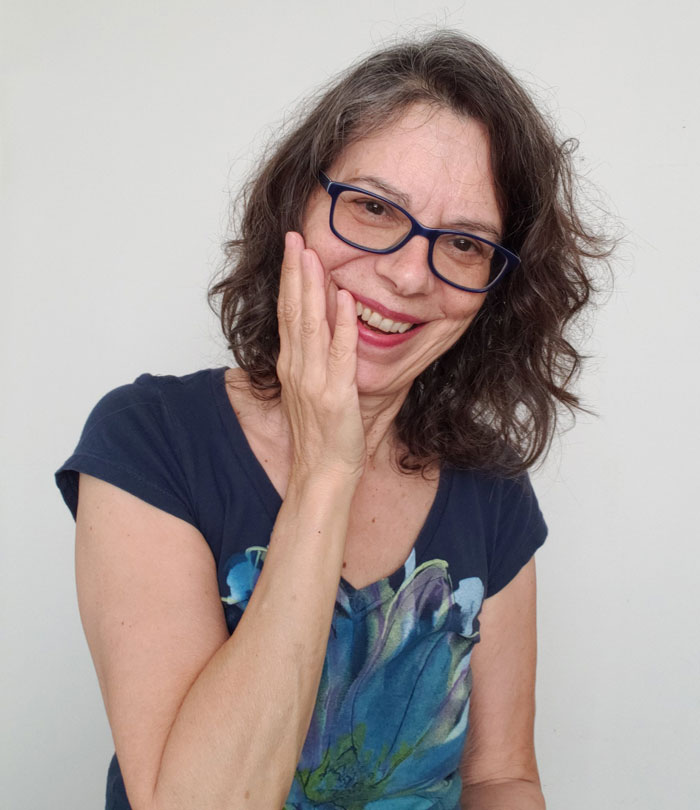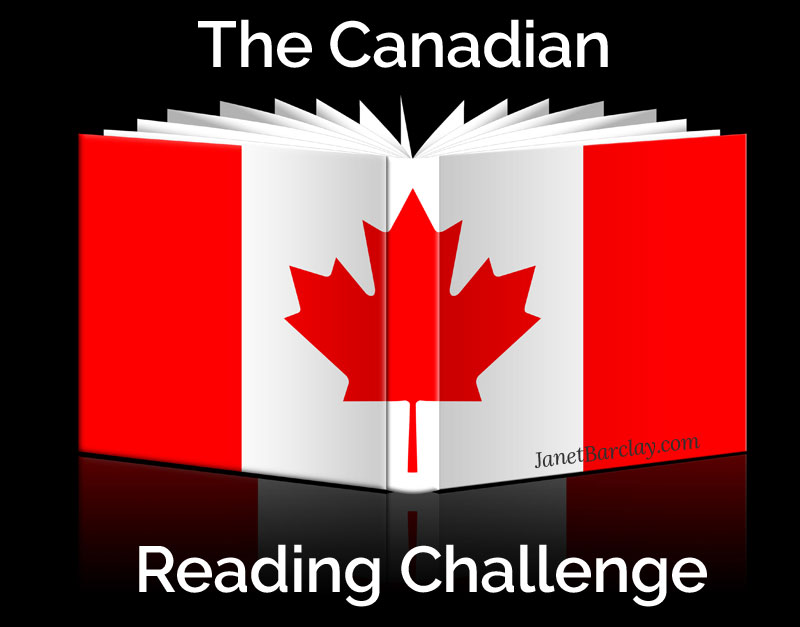On Growing Old and Facing the End of Life

This page may contain links to Amazon.com or other sites from which I may receive commission on purchases you make after clicking on such links. Read my full Disclosure Policy
I’m often struck by unexpected similarities between the books I choose to read. One year I read several novels and a magazine article that were all involved mining. It wasn’t as though I went looking for that theme – it just happened. More recently it happened with a different theme altogether.
The Book I Didn’t Want to Read

I wasn’t enthusiastic going into it; a book about end of life sounded too serious to me, and possibly over my head since I’m not knowledgeable about medicine or science. I ended up giving it five stars on Goodreads because it was understandable, relatable, and expanded my horizons, which often happens when I read a book chosen by someone else.
It opened my eyes to how society has viewed end of life in different times and places and the many options that are or should be available to us. Is it really better to live longer if the final years lack all the elements that make life worth living?
One example was the author’s own father who, when facing a decision about risky surgery that could potentially prolong his life, was asked what was most important to him. His surprising answer was that as long as he could watch football on TV and eat ice cream, he would be content.
The book also led me to reflect on the final days, months and years of my parents, in-laws, and friends who have passed, and gave me the insight to realize how important it is to have those difficult conversations with our loved ones before it’s time to make the really tough decisions.
The Book I Wanted to Read
I’ve wanted to read Twelve Patients: Life and Death at Bellevue Hospital by Eric Manheimer, MD, since I started watching the TV show it inspired, New Amsterdam. My main interest was to see whether the real doctor was anything like the one on the show. There were a few similarities, but it was definitely “inspired by” rather than “based on” the book.
Each of the twelve patients has their own chapter in the book, and in a couple of them Manheimer talks about how the goal of the medical profession is to keep someone alive if at all possible, regardless of what that life will be like. This naturally brought back the thoughts I’d had while reading Being Mortal. I was going to share a couple of passages with you but, in all honesty, Dr. Manheimer isn’t the greatest writer. His book is interesting enough, but he drops medical terms as though everyone knows what they mean and often includes far more detail than is needed.
I’m still glad I read it, and about the unexpected connection with Being Mortal.
Your Thoughts?
Have you ever found an unexpected common thread between books you’ve read in a short time span? I’d love to hear about it, so please leave a comment.
Featured Image by Steve Buissinne from Pixabay.

Janet Barclay
I eliminate stress for my clients by hosting, monitoring, and maintaining their WordPress sites so they don’t have to worry about security, downtime or performance issues. When I’m away from my desk, I enjoy reading, photography, cooking, watching movies, drinking tea, and spending time with my family.





First of all I want to say that I loved the book Being Mortal: Medicine and What Matters in the End by Atul Gawande. My book club read it and I am so glad that we did.
I went through a spell where many of the books I read were about Paris. I think I just want to go back and visit and I love reading the descriptions of places there that I have visited.
Did you consciously or subconsciously choose books because they were about Paris, or was it a coincidence?
Yes, I often find a theme, and almost never intentionally. One time I wrote a blog post about it —
“Death Cleaning isn’t as scary as it sounds! (4 short book reviews)” — and you recommended one of the books!
Wow, I’d forgotten about that! I see I even mentioned the mining theme in one of my comments. 😀 Here’s a link to your wonderful post for anyone who hasn’t read it (or would like to read it again).
My brother gave me the book “Being Mortal” shortly after my dad died. But I couldn’t bring myself to read it. Death was too close. However, I’m sure it would have been helpful if I had read it in the years before my mom passed away. As her health care proxy, I was responsible for honoring her end-of-life choices, which I did. But it wasn’t always easy. I knew that she didn’t want to have her life extended if she had dementia. Her medical directives made he wishes specific about the type of treatments she would accept or not. I often had to choose what honored her wishes but went against what the medical profession wanted. Because as you said, their objective is often to keep people alive at all costs, which is not what mom wanted.
As far as your question goes, I often read similarly themed books because my preference is for reading about why humans do what we do, how the brain works, what drives us, and how to live mindfully. So when I read, authors are often referring to other authors or research I’ve read about. I love that. It reinforces my understanding and creates interesting threads from one area to another.
It absolutely makes sense that when you like something you read, you’ll look for more like that. My reading choices have been somewhat random lately and although I’ve been enlightened and entertained, I can see that it would be very enriching to read with intention.
I often wonder… more so lately, how will my life’s story will end? I also wonder how we are so humane to put dogs down when their lives are failing but as humans we are not allowed. I too have in place quality of life over being kept alive through medicines, etc. DNR is in place. I want quality over quantity of life.
I have not read either of these books Janet but I am curious of the book Being Mortal. To answer your question other than summer reads that have a beachy vibe to them I have not read in depth books that had a theme.
Lisa, I’ve wondered the same thing about dogs vs humans – the “expectations” are the exact opposite. Being Mortal doesn’t address that specifically (from what I recall) but it explains how we went from getting sick and dying at home being the norm to the complex decisions we face today. It was really interesting and super readable.
When picking books, I usually have a theme, and I think it is because I get bored with topics so quickly that I do not finish books I am not interested in. These books sound interesting, though. End-of-life preparation has been an essential aspect of everyone’s life, and I have seen that children have to deal with a lot after a parent dies. I remember my grandmother prepared everything right down to what she wanted to wear because all her children lived in the U.S., and she was in Italy. Getting things together and organized is a process and cannot be done overnight. It may seem morbid thinking and doing tasks to get this area of life organized. But, it is also empowering and shows the love you have for your children when you are gone.
I agree, Sabrina. We were fortunate that our dad was lucid almost to the end so he was able to tell us things like the music he wanted at his service, where his important papers were, and the history of some of the furnishings. It made it a lot easier to organize his funeral, settle his estate, and decide which items we wanted to keep.
I haven’t read Being Mortal and to be honest, it’s not on my future reading list either. While I was doing treatment for cancer, it was too much and even now in post-cancer life, I’ve been reluctant to go there. Yet, as you say, these are universal themes, and avoiding things doesn’t make them go away. Maybe this is the nudge I need to try this book.
I recently read Achilles and Circe, both by Madeline Miller and loved both. A common theme was that they were historical fiction, something I hadn’t been drawn to in the past but now find myself looking for. I particularly enjoyed how they took timeless stories and put a new twist on them, something that surely happened in the oral tradition these stories came from. These stories became more relevant to me through the excellent writing and thought-provoking updating.
I never read historical fiction before I joined a book club. Now it’s probably my favourite genre, even when I’m choosing a book myself! I’m not familiar with Madeline Miller so I looked her up – that’s really old history! Not sure it’s my cup of tea but I’m open to almost anything when it comes to reading.
My book group read “Being Mortal” a few years back, and we all felt it was one of the best books we’ve read. It sort of felt like one of those books that everyone should read, and we also thought it might be a good way to get a conversation going with a parent or child who is reluctant. I thought the example of his father was so helpful. I’ve definitely been thinking about my own list of “minimal quality of life” factors so I can tell my spouse and children.
My group was the same. I’m so glad I started this conversation here, because I haven’t seriously thought about my own answers and this is a good nudge.
I read “Being Mortal” last summer when I was visiting my son and it sparked some wonderful conversations about end of life and expectations. I am glad you liked it. I thought it was a wonderful, well-thought out book. I don’t read in themes. I do so much reading for work that my other reading tends to be magazine articles.
I don’t read many work-related books. I stopped buying anything tech-related, because they’re out of date so quickly, and tend to seek that type of information online. So we are kind of opposite that way. 🙂
Thank you for the book suggestion. I haven’t read it. I have been in the situation where I am the person with the dying person and need to give them “permission” to leave. That is so very hard, even though it is the right thing for them. Death is so different for everyone and being able to do what is best for them can be hard to determine and to do.
Being Mortal addresses that too, helping you decide what you’d like the end of your life to look like, realistically. If you can communicate that to your loved ones and healthcare providers, you take a lot of pressure off your family and have a better chance of going out in a way that’s acceptable to you. Because like it or not, we’ll all go through it some day!
“Being Mortal” sounds like a good book. You are right you open your thinking when you read a book that someone else has choosen. I am dealing with an elderly parent who, some days, does not find enjoyment in living any longer and have to remind her why she’s still here.
My father-in-law was barely mobile and legally blind, but in perfect health otherwise until he died of pneumonia in his late 90s. The sad part is he missed his late wife so much that he got no pleasure out of life and was ready to go long before that – like your parent, it sounds like. It is hard. Sending you virtual hugs…